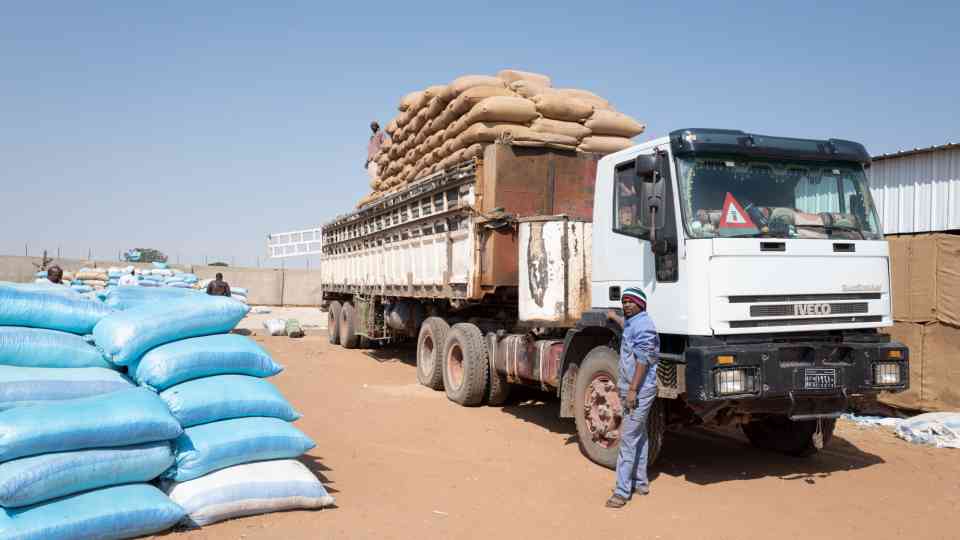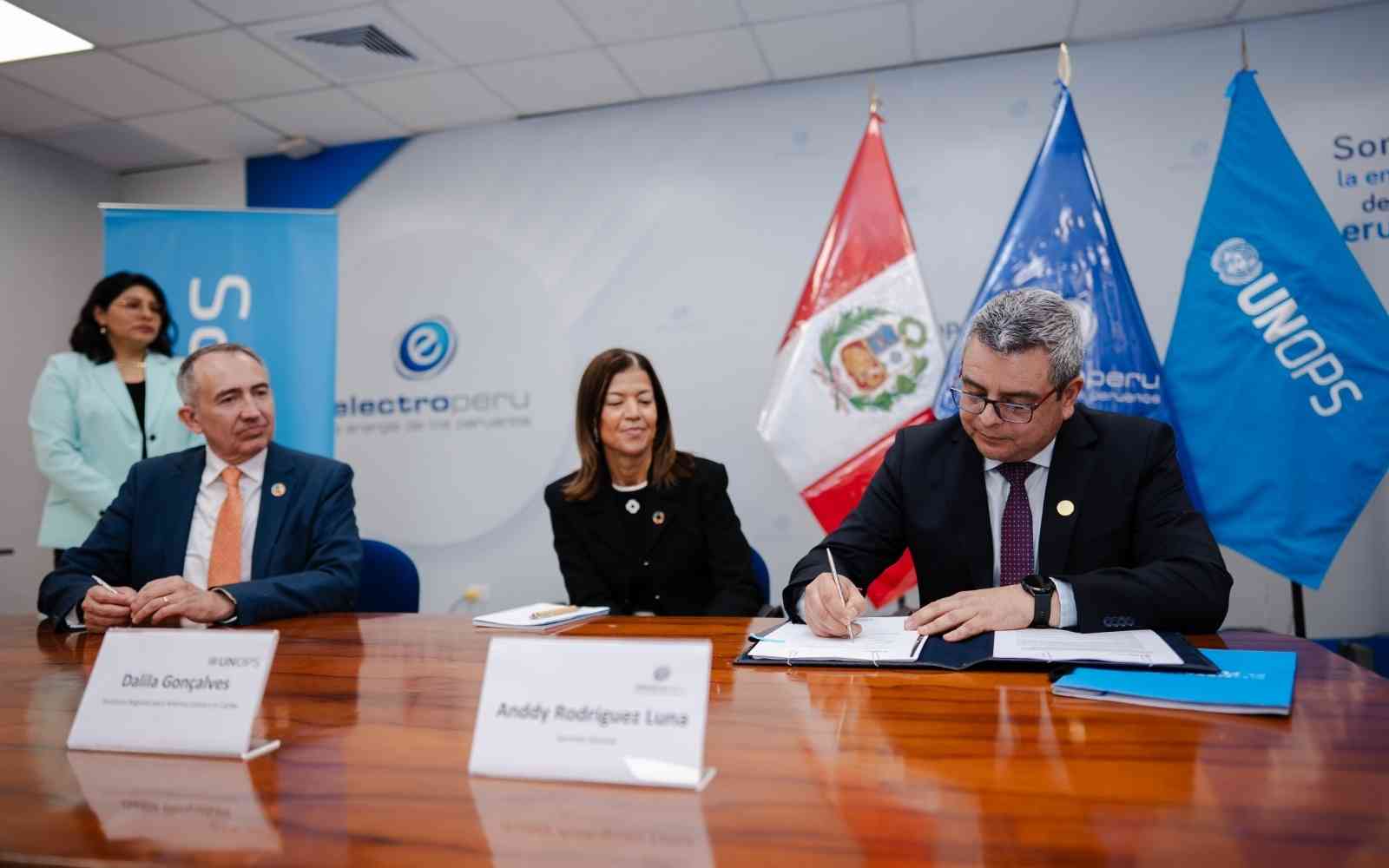The United Nations Office for Project Services (UNOPS)
The economic impact of sustainable procurement in vulnerable countries

Supporting sustainable procurement could help drive economic development in Least Developed Countries – here's how.
Least Developed Countries face many of the same development challenges. Low per capita income and widespread poverty. High unemployment. Lack of resilience to unexpected economic and environmental shocks.
The low per capita income and high unemployment in particular make it difficult for people to meet their basic needs – and almost impossible for these countries to grow their economies. This in turn makes it difficult to fund and invest in much-needed programmes aimed at long-term development.
The economies of Least Developed Countries also tend to be heavily reliant on a limited number of sectors, which can have a devastating impact on the economy if a sector doesn't do well. For example, agriculture is the primary industry for a lot of Least Developed Countries. One natural disaster or one bad harvest could set back the country's economy and development goals for years.
But sustainable procurement could help.
When most people hear the word procurement, they probably think of buying items or services. But procurement – in particular, procurement done sustainably – is more than that. It has the potential to contribute to economic development – and for Least Developed Countries, that's vitally important as they seek to improve the lives of their inhabitants.
For many developing countries, micro, small and medium-sized enterprises are the lifeblood of the economy – and without growth from these businesses, economies stagnate.
UNOPS works to support the development of micro, small and medium-sized enterprises in developing countries by giving them the tools to develop and grow their businesses.
Supporting the creation of new businesses across different sectors and the jobs they bring could support the diversification of the economic base of Least Developed Countries. And for companies competing for international business, sustainable procurement practices are becoming an increasingly important factor for winning procurement tenders.
Programmes like the UNOPS Possibilities (UP) Forum and UNOPS Delivering Responsibility in Vendor Engagement (DRiVE) – both of which are free to participate in – can help micro, small and medium-sized enterprises improve their sustainable procurement processes.
Boosting economic development through sustainable procurement
Through the UP Forum, local suppliers are approached and engaged to identify some of the specific challenges they face submitting winning bids for procurement tenders. Training is then provided that's tailored to their needs and their local context.
In addition, representatives from the local financial sector are brought in to discuss options for overcoming some of the financial obstacles faced by businesses that often hamper their growth.
Participants also receive information on international procurement processes in general, including on topics such as ethics, conflict of interest and sustainability – knowledge that is vital to be more competitive when bidding for tenders.
Through the DRiVE programme, participants can complete a voluntary sustainability self-assessment questionnaire when they submit tenders. This information is then analyzed, which helps identify where suppliers are in terms of sustainability practices – where they're performing strongly and where there may be opportunities for improvement.
This information is used to develop customized plans – benchmarked against the best international standards – for suppliers to improve their sustainable procurement practices and build up their capacity.
When combined, UP and DRiVE can boost the capabilities of suppliers by expanding knowledge and providing data-driven improvement together. In turn, this enhances suppliers' competitive advantage in a marketplace where sustainability is increasingly important.
And developing this capacity is not only good for the environment. It can also help businesses procure more efficiently, transparently and sustainably – and inspire others to follow the same higher standards. This could in turn help boost economic development in Least Developed Countries by making those same businesses more competitive when pursuing business opportunities – both domestic ones and abroad.
As these micro, small and medium-sized enterprises increase across different sectors and grow, they create more local jobs and help diversify economies, helping Least Developed Countries better absorb environmental and economic shocks. And this creates a ripple effect that positively impacts the economy as a whole well into the future.
Hellen Maina and Rasmus Hansen
Hellen Maina is a Procurement Senior Analyst with the UNOPS Sustainable Supply Chains team. She is the lead for the UNOPS Possibilities programme, which includes the UNOPS Possibilities Forum, and supplier diversity and inclusion. Hellen has more than 10 years of experience in sustainable development and sustainable value chains.
Rasmus Hansen is a Procurement Senior Analyst with the UNOPS Sustainable Supply Chains team. He is the lead for the UNOPS Delivering Responsibility in Vendor Engagement programme. Rasmus has more than 10 years of experience in sustainability and sustainable development.













